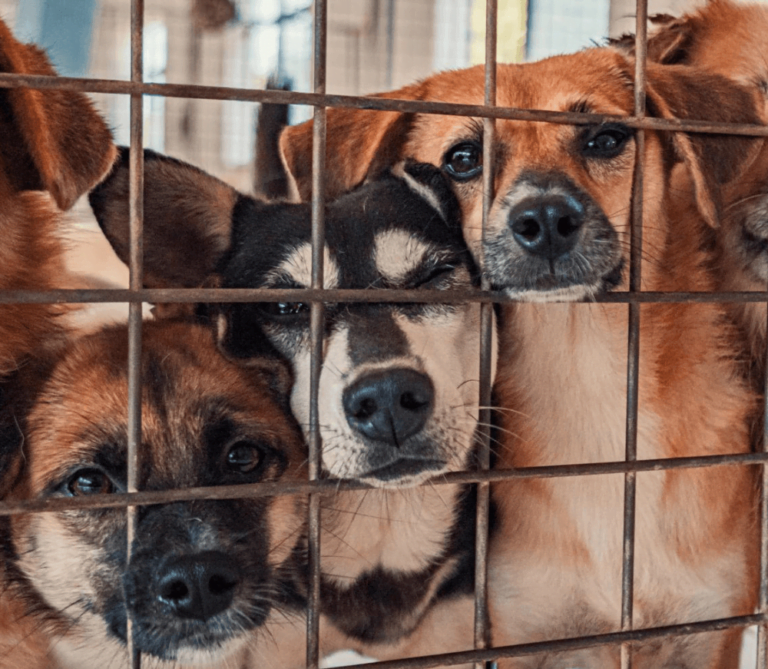Deciding whether to incorporate fresh food into your dog’s diet can be a significant choice for their health. “Should You Add Fresh Food to Your Dog’s Diet?” provides insights into the benefits and potential challenges of making this change. By exploring the details in “Should You Add Fresh Food to Your Dog’s Diet?”, you can make an informed decision about enhancing your dog’s nutrition. This guide covers how fresh food can impact your dog’s overall well-being and what to consider when adding it to their diet. Understanding these factors will help you determine if fresh food is a suitable addition. For comprehensive advice on this dietary adjustment, refer to “Should You Add Fresh Food to Your Dog’s Diet?” and ensure your dog receives balanced nutrition.
The Benefits of Feeding Fresh Foods
Adding fresh ingredients to your dog’s food bowl can significantly improve their well-being, as it not only provides a nutritious source of protein but also promotes overall health and well-being.
Supplement Gaps in Their Diet
Unfortunately, many kibbles use grains and fillers to bulk out their formulas, leaving minimal amounts of key nutrients in each bite. A balanced diet of protein-rich, nutrient-dense kibble or wet dog food can help reduce imbalances in your dog’s diet. For joint problems, consider adding fresh fish to their dinner to provide an extra dose of omega 3 fatty acids, boosting their overall health.
Tempt Picky Eaters
To make dry dog food more appealing to picky eaters or those with low appetites, consider adding nutritious fresh ingredients or liquids like bone broth or goat’s milk to make the meal saucy and delicious. This will make the dog’s meal more exciting and enjoyable for them.
Add Variety
Including a variety of foods in one’s diet is beneficial for both physical and mental health. While staple diets provide basic nutrients, fresh food offers vitamins and minerals, flavor, and prevents boredom in friends and family.
Big Long-Term Health Benefits
A 2005 Purdue University study found that adding fresh vegetables to a dog’s diet three times a week reduced their risk of developing bladder cancer by over 70%. While further research is needed to explore other conditions, the evidence supports the long-term health benefits of fresh food for dogs and cats.
Fresh Foods to Add to Your Dog’s Diet
Research new foods for your pet’s diet to ensure they are suitable for dogs with allergies or other dietary needs. The best supplements for your dog’s food are unique to your dog. This list includes vet-favorite ingredients with major health benefits and are beneficial for most dogs.
Meats
Raw, freeze-dried, or dehydrated meats can boost the protein content of your dog’s dinner while also offering other key nutrients.
- Muscle meats including chicken, turkey, and lean beef (good sources of protein)
- Organ meats like hearts, tripe, gizzards, and small amounts of beef liver (high in B vitamins, zinc, and iron)
- Fresh fish or fish canned in water (sardines, salmon, and smelt have the most omega 3 per ounce)
- Bone broth (adds calcium, selenium, and magnesium as well as moisture and flavor)
Vegetables
Vegetables are a rich source of fiber and vitamins, but dogs often don’t chew enough to fully absorb their nutrients. To make them accessible, purée, steam, or dry roast raw vegetables to make their nutrients accessible.
- Leafy greens like spinach, kale, arugula, turnip greens, and collard greens (high in kaempferol, thought to improve cognitive health and reduce cancer risk)
- Cruciferous vegetables like broccoli, broccoli sprouts, cauliflower, cabbage, and Brussels sprouts (high in sulforaphane, an antioxidant believed to reduce cancer risk)
- Pumpkin and sweet potato (high in fiber and low in fat for healthy digestion)
- Mushrooms like shiitake, lion’s mane, chaga, and reishi (high in beta-glucans which support the immune system)
Fruits
Fruits are easy to digest and can be fed to your dog raw. While they are frequently great sources of moisture and antioxidants, they can also be high in sugars and should be fed in small amounts.
- Berries like blueberries, blackberries, raspberries, and cranberries (superfoods high in many antioxidants and vitamins)
- Apples (high in antioxidant catechins)
- Watermelon, grapefruit, mango, and papaya (high in antioxidant lycopene)
Dairy
While many common dairy products are high in fat and can cause digestive problems, there are a select few that can be excellent natural sources of probiotics! They make a mouth-watering and safe topping for dog food that turns dry kibble into something wonderfully saucy. Use a light hand to avoid excess fat and calories—a little goes a long way with these ingredients.
- Plain yogurt
- Plain kefir
- Goat milk
Whatever human foods you choose to share with your dog, they should be plain and unseasoned! If you’re looking to expand your pup’s menu, take a look at which seasonal fruits and vegetables are dog-safe.
Tips to Make Feeding Fresh Food Easy
Adding fresh food to your pet’s diet may feel intimidating, but it can be surprisingly simple. Try these techniques to make adding a little fresh food to your dog’s meals feel like an easy part of your routine:
Start Small
Feeding fresh food isn’t all or nothing! You don’t have to commit to a full raw food diet on day one. In fact, you shouldn’t make too many changes to your pet’s expertly-formulated balanced diet. Consult your vet for your pet’s specific requirements, but it’s recommended that less than 15% of their daily calories come from added foods, with the remaining 85% coming from their staple diet.
You don’t have to feed fresh food every day, either, so don’t get discouraged if you miss days. Adding fresh ingredients just a few days a week can make a difference to your dog’s health!
Meal Prep
Planning additions to your dog’s food ahead of time can make it less of a daily hassle. Try preparing a batch of puréed vegetables at the start of the week to add to your dog’s kibble every day. You can pre-portion ingredients, like diced or ground meat, in bulk and freeze them. All it takes is popping a portion in the fridge in the morning, and it should be thawed in time for your dog’s dinner.
Use What You Have
Avoid creating a new grocery list just for your dog by using dog-safe ingredients and simplifying your grocery shopping. This strategy can reduce food waste by feeding your dog Brussels sprouts that your human family refuses to eat before they spoil.
We all want the very best for our pets, and that definitely includes their food. If a little extra time in the kitchen can help our dogs live a long, happy life, we’re ready to don our aprons and get to work!
Our Blog covers all topics from basic care to nutrition and trainning . Each guide includes expert advice to build a loving home for you pet!
Discover premium pet products that make tails wag and purrs louder! Our online store offers a wide range of essentials, from bowls , carriers and cozy beds to engaging toys and stylish accessories. Shop now and treat your furry friend to the best—conveniently delivered right to your door. Quality and happiness are just a click away!





